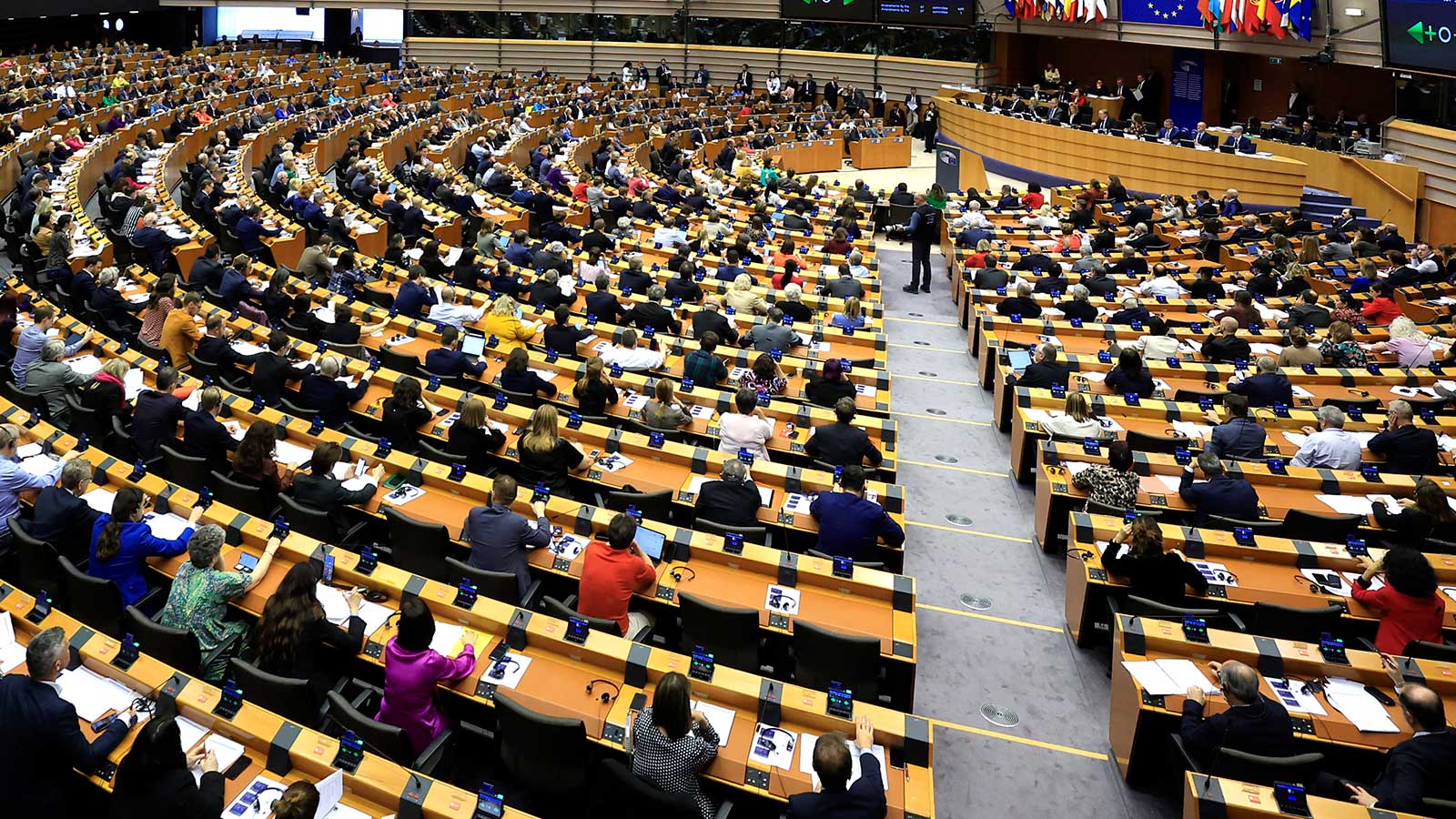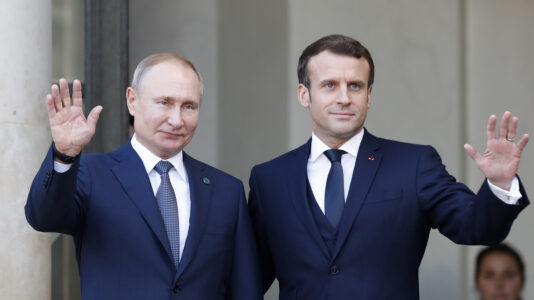The newly approved EU migration pact is causing controversy across Europe.
While the Eastern European wing, such as Slovakia and Hungary, does not agree with the reform and the new liberal government in Poland says it opposes the measure in principle (even though its MEPs voted in favor), the Western and Southern states, such as Germany, Italy, and Greece, welcome the pact.
The results of Wednesday’s vote in the European Parliament also raised the debate about how important EU member states’ veto is in key issues of promoting national-state interests.
In the Czech Republic, opinions on the adoption of the package differ both among politicians and MEPs. While the Minister of the Interior and head of the STAN movement Vít Rakušan welcomed the result, the founder of the strongest opposition movement ANO Andrej Babiš criticized the decision and wants to call an extraordinary meeting of the Czech Parliament’s lower house.
The approved package includes several measures designed to combat illegal immigration, including more effective background checks on migrants and a more efficient returns process for unsuccessful asylum seekers.
However, the controversial solidarity principle that will see member states forced to accept migrants from overloaded countries or face financial penalties, has caused outrage among some member states who consider the move to be yet another power grab by Brussels.
Slovakia has voiced its concern over the migration pact’s ability to be a long-term sustainable solution, with its foreign ministry leading the charge in a damning statement following the pact’s adoption in the European Parliament.
“Slovakia does not agree to the principle of solidarity with the condition of the mandatory acceptance of illegal migrants on its territory,” it wrote. “According to the head of Slovak diplomacy, states should decide for themselves what form of aid they choose, without an order for a mandatory or material contribution.”
“Illegal migration is a huge challenge facing the EU, and it is our duty to solve it primarily in accordance with the sovereign interests of our homeland,” added Foreign Minister Juraj Blanár. “It must be openly admitted that the protection of the Schengen Area against illegal migration is not sufficient and the new migration pact will not solve this problem.”
Hungarian Prime Minister Viktor Orbán was more blunt, describing the pact’s adoption as “another nail in the European coffin” and insisting that “unity is dead” within the Union.
Polish Prime Minister Donald Tusk further confused his country after left-leaning MEPs supported the pact’s adoption on Wednesday evening, assuring Poles that the solidarity principle of accepting migrants or paying a fine would not apply to Poland.
He provided no further explanation for how Warsaw intends to exempt itself from the key mechanism within the legislation.
Czech Interior Minister Vít Rakušan praised its passing, describing it as “good news for all those who do not consider the current situation in the field of migration to be satisfactory.
“The migration pact will enable more effective protection of the EU’s external borders and faster expulsions. At the same time, it will not oblige any member country to accept migrants on its territory,” he added, omitting that member states would need to pay €20,000 per migrant they refuse.
The Czech opposition was more scathing of the legislation, with former Czech prime minister and leader of the ANO movement Andrej Babiš accusing liberals who voted it through of supporting hidden refugee quotas.
“The pact was prepared and negotiated by Rakušan and Prime Minister Fiala as part of their crazy EU presidency,” he said. “Illegal migration threatens the security of the whole of Europe, threatens our values, and threatens the way we live,” Babiš added, reiterating his belief that the pact would not solve the ongoing migration crisis.
Czech MEP Tomáš Zdechovský of the socially conservative KDU-ČSL insisted the agreement on migration was “not ambitious enough and does not effectively solve the problem of illegal migration to the EU.”
He called on the new European Parliament following the EU elections in June to “reopen and reevaluate some parts” of the pact.
A review of the legislation is a strong possibility with the expected rise in Eurosceptic parties filling the European Parliament this summer.
Prominent French conservatives including Marine Le Pen and Jordan Bardella, both leaders within the National Rally predicted to win big in the upcoming vote, vowed to bring the pact down after the summer, with the former telling her X followers, “We will put an end to the accelerated pursuit of policies to encourage and organize mass immigration.”






